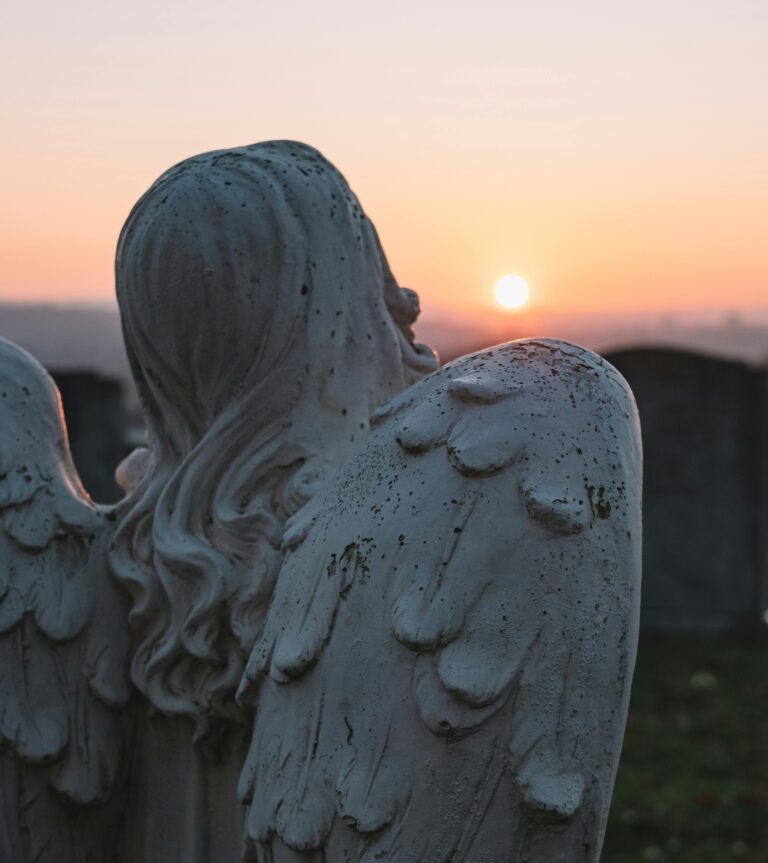The snow in Massachusetts will fall soon. Ice will coat the roads, the trees will bow under the weight, and the world will go silent in that peculiar way it does when winter storms roll in. I am two thousand miles away, waiting for news I already know is coming. My uncle, the last of his generation in our family, has received the sacrament. He is slipping away, and there is nothing I can do but remember.
We all have anchors in life, those people who ground us, who hold our history in their hands like fragile glass. Aunts and uncles, the elders of a family, the storytellers, the ones who raised us in quiet ways, sometimes with words, sometimes just by existing. My uncle was one of those. He was the heartbeat of a family that stretched wide, a father figure to an entire clan of cousins, the one who made us laugh until we couldn’t breathe and taught us the value of a well-told story.
Brendan Canavan in Threads of Passage was him. The booming, contagious laugh. The twinkling blue eyes that saw through every bit of mischief and loved me in spite of myself. The man who kept history alive with stories, not just of Ireland, but of us—our family, our roots, our quirks, our triumphs. He told them in the way only an Irish storyteller can, weaving truth and legend so closely together that it didn’t matter which was which. All that mattered was that they made you feel something.
I want to share this excerpt from Threads of Passage, a moment when Brendan Canavan, the fictional version of my uncle, does what he did best—connects people with laughter and love:
Maeve sat at the old pharmacy counter, fingers wrapped around a steaming cup of tea, as Brendan Canavan leaned against the brass cash register, his booming laugh filling the small space like music.
“You don’t know how to tell a story, Maeve, not yet,” he said, shaking his head with exaggerated disappointment. “You start with the facts! The facts, love, they’re dull! A story, now, it needs color. It needs a bit of wit, a bit of magic. Like this—” He turned to the young fisherman beside him, pointing a finger. “Did I ever tell you about the time I saved the town of Passage from a curse?”
The boy grinned. “No, but I reckon you will.”
Brendan smacked the counter. “Ah, a smart lad! So there we were, a cold January night, the sea angry as a drunk with an empty glass. And what do I see but old Mrs. Flaherty standing in the moonlight, chanting to the waves—”
Maeve laughed, shaking her head. “She was pulling up her lobster traps, Brendan, and you know it.”
Brendan gasped in mock offense. “And who’s to say she wasn’t whispering a spell while she did it? The truth is only as good as the telling, Maeve.”
That was my uncle. Every moment with him was a story. And now, as I sit here, two thousand miles away, with an ice storm coming, I realize how unmoored I feel knowing his voice will soon be silent. There are no more elders to turn to, no one left who remembers the details of our childhoods, the family legends, the way my grandmother used to scold us when we were too wild.
Losing the last of a generation is a grief unlike any other. It is the closing of a book that cannot be reopened, the end of something we cannot get back. But in another way, it is a passing of the torch. It is our turn now—to be the storytellers, the keepers of history, the ones who remind the next generation where they come from.
So, I will tell his stories. I will laugh the way he laughed. I will remember the love, the twinkle in his eye, the way he always, always made me feel like I belonged. And maybe, just maybe, the next time I sit at a table with my cousins, someone will say, “Did I ever tell you about the time Uncle Brenny made up a story about a boy falling to his death riding his bike on the dam so that we would all stay away from it?”
And I will smile, and I will know that he is not gone. Not really.
Because as long as the stories remain, so do the ones who told them.
If you have someone in your life who has been an anchor, a storyteller, a keeper of history, hold them close. Listen to their stories. Ask them the questions you’ve been meaning to ask. Because one day, all we will have are the stories they left behind. And it is up to us to keep them alive.

